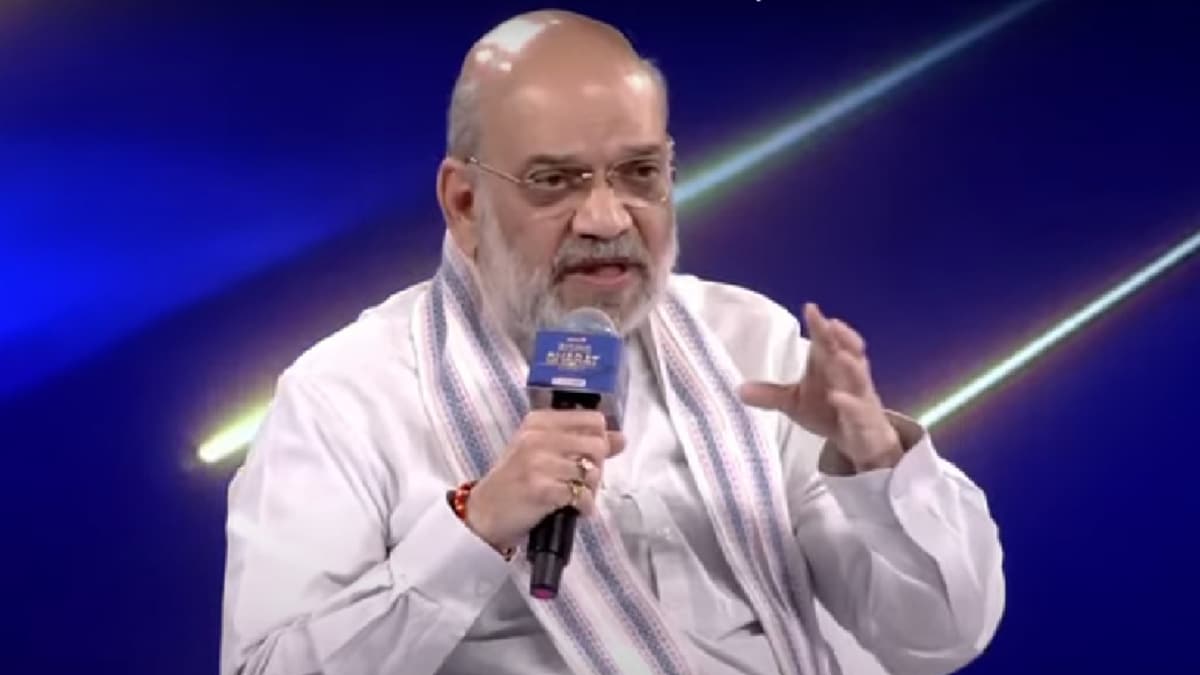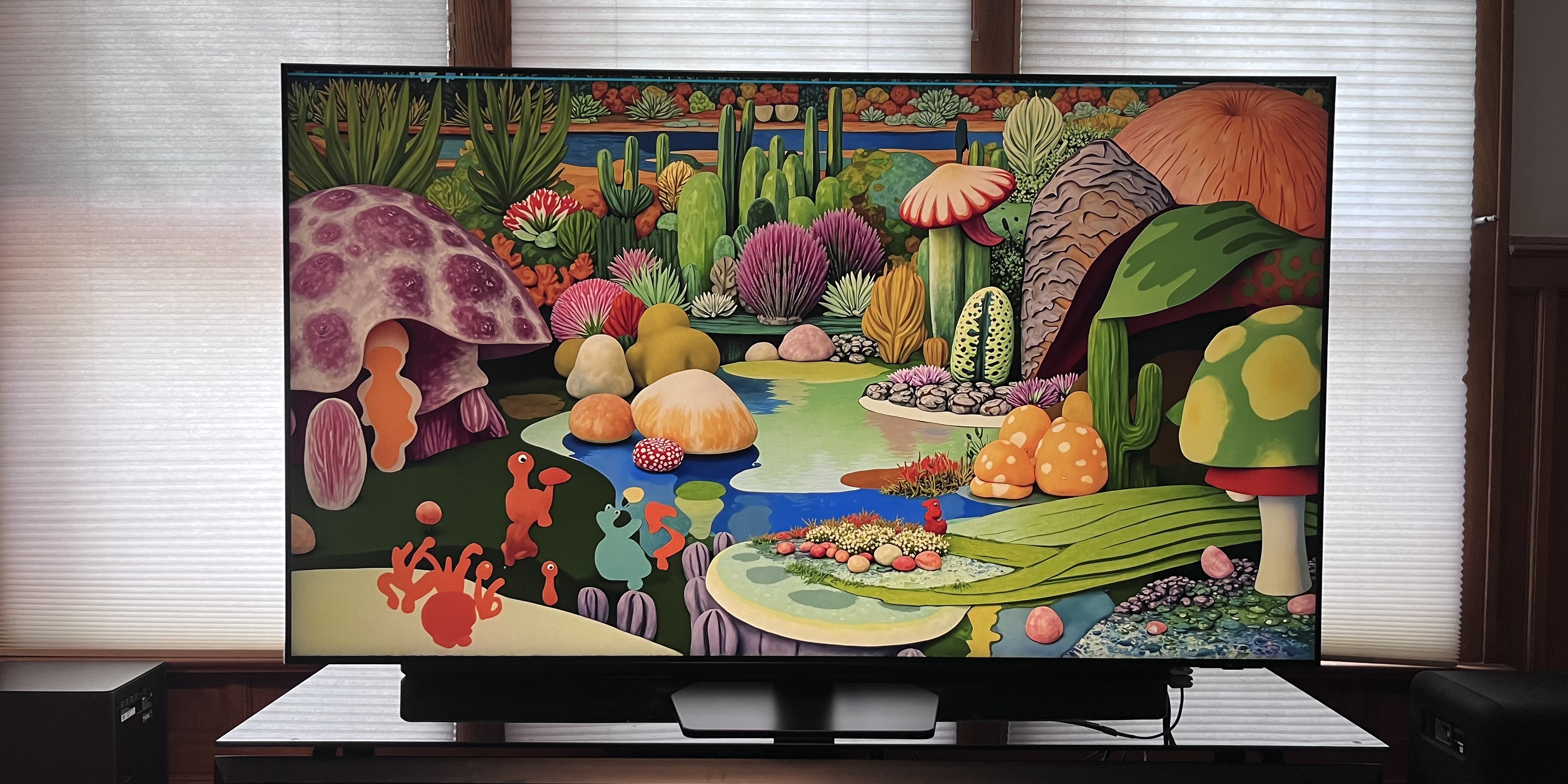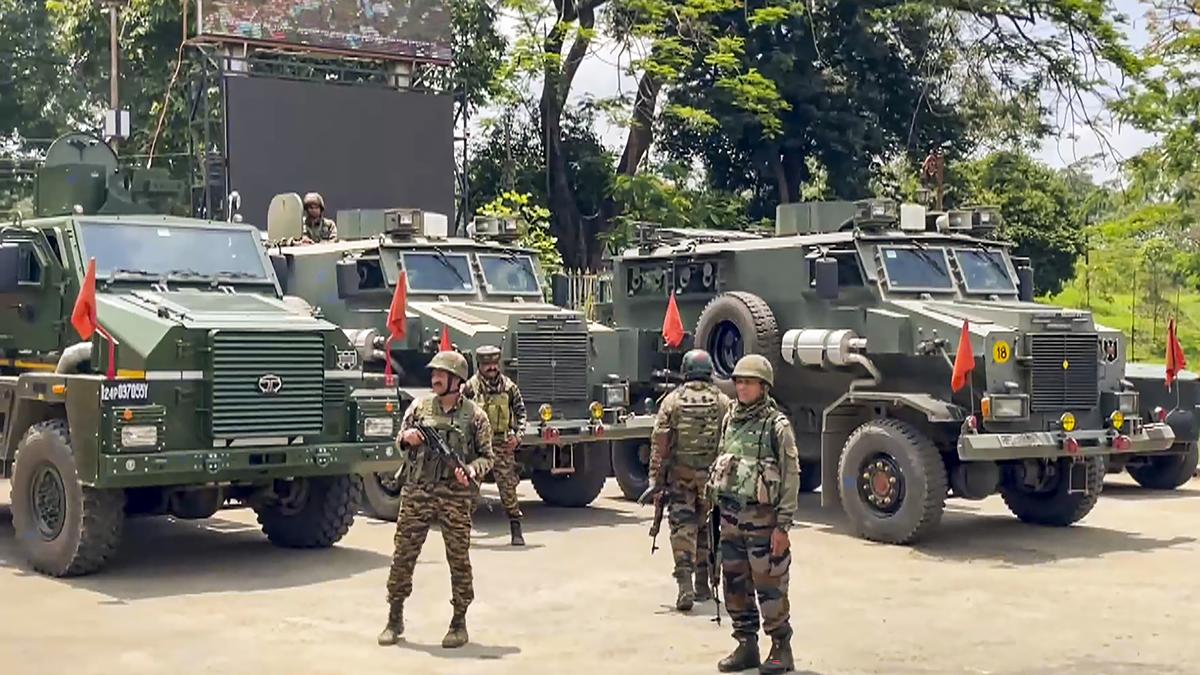Last Updated:
Amit Shah on ONOE: While speaking at News18’s Rising Bharat Summit, the Union Minister said that they have gone to the public with the issue and have campaigned for it through programes.
Amit Shah at Rising Bharat Summit 2025. (Photo: News18)
Amit Shah at Rising Bharat Summit: Union Home Minister Amit Shah on Wednesday weighed in on the ongoing debate over One Nation One Election (ONOE), saying that in the coming two-three years, no party would be able to oppose it as it is in the interest of the people.
While speaking at News18’s Rising Bharat Summit, the Union Minister said that they have gone to the public with the issue and have campaigned for it through programes.
“We have gone to the public with the issue of ‘One Nation, One Election’. We are also going among the public through programmes. In two-three years, the atmosphere will be such that no party will be able to oppose ‘One Nation, One Election’, because this is for the good of the country,” he said.
Shah further slammed the opposition Congress for opposing the ONOE and questioned them saying if they (Congress) believe that ONOWE is “unconstitutional” then how did they conduct the country’s first three general elections?
“What do we want to achieve by conducting elections again and again and spending money? Why shouldn’t there be simultaneous elections? What is the reason? They (Congress) say it is not in accordance with the constitution. If it is not, how did you get three elections done?” he said.
The Union Home Minister further traded barbs at the grand-old party saying that the party, who used to dissolve state assemblies and conduct elections to get hold of power, are now saying that ONOE is unconstitutional. He further said that the grand-old party earlier dissolved seven state assemblies and conducted elections simultaneously.
“Until the Congress’ government used to come in power, all the elections used to happen together. When four to five new state were formed, there elections were done one after the other. To get the power, the Congress had dissolved seven state assemblies and conducted elections simultaneously. The same Congress Party is now saying that it is against democracy,” he added.
Shah further jibed at the Congress leaders saying that when the election results don’t come in their favour, they accuse the Electronic Voting Machine (EVMs) of being rigged and blame them for their electoral loss.
“They believe that if they would propagate something, the people will believe it. And then, when the results come, they say that there was a problem in the EVM. Actually, the reality is janta is not convinced by what you say,” he added.
What Is ONOE?
The One Nation One Election Bill seeks to introduce a new Article 82A, enabling simultaneous elections for the Lok Sabha and all state legislative assemblies. Additionally, it proposes amendments to Article 83, concerning the duration of the Houses of Parliament; Article 172, related to the tenure of state legislatures; and Article 327, which outlines power of Parliament to make provision with respect to elections to legislatures.
The first meeting of the Joint Parliamentary Committee (JPC) on One Nation, One Election was held in January 2025. The JPC is mandated to review the Constitution (One Hundred and Twenty-Ninth Amendment) Bill, 2024, and the Union Territories Laws (Amendment) Bill, 2024, which aim to align elections at the national and state levels.
This JPC was announced during the last winter session of Parliament after the government said that it was keen on sending the bill for parliamentary scrutiny once its introduction happened in the Lok Sabha.
The One Nation One Poll will be implemented in two stages: first for the Lok Sabha and assembly elections, and the second for local body elections within 100 days of general elections. The Centre will initiate detailed discussions throughout the country.
Opposition has argued that in the present structure, the Election Commission has limited powers because it has to hold polls immediately after a government has fallen. It is also well defined that if there is a six-month or one-year term left for the existing government that has lost its confidence, then, in that case, President’s rule or Governor’s rule can apply. However, under the new legislation, there is no definition of what term can result in an imposition of Governor’s/President’s rule.






